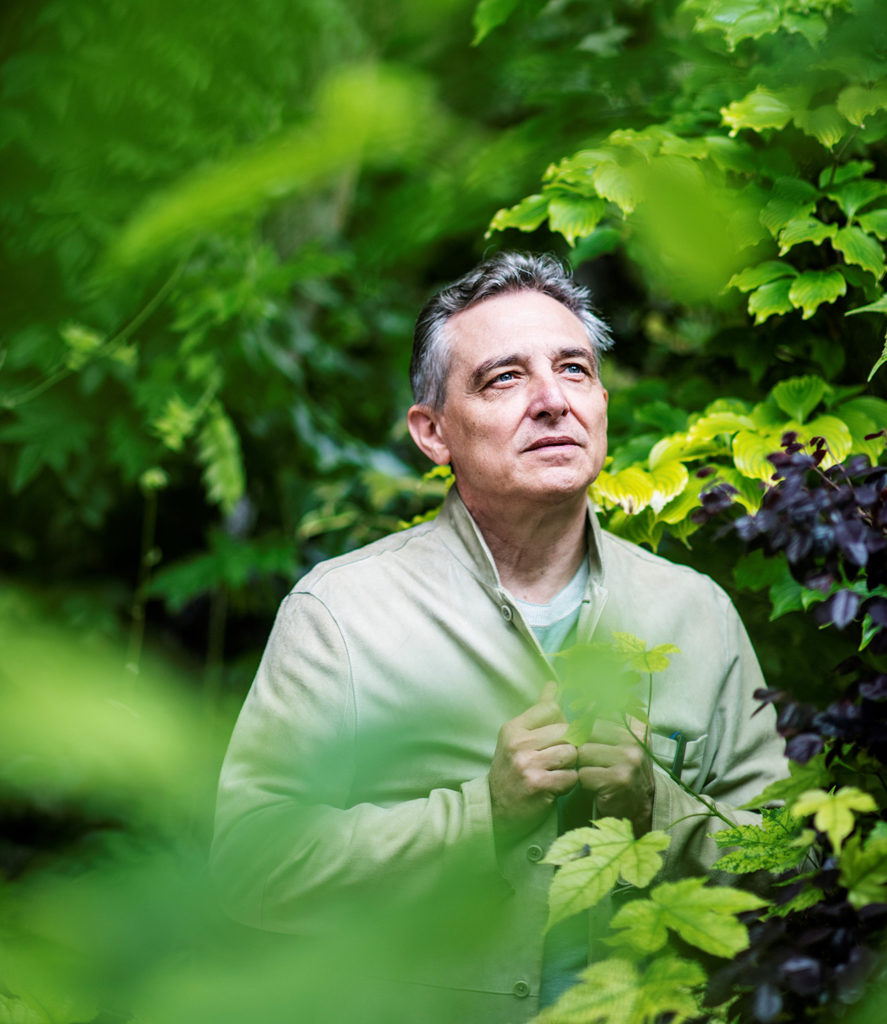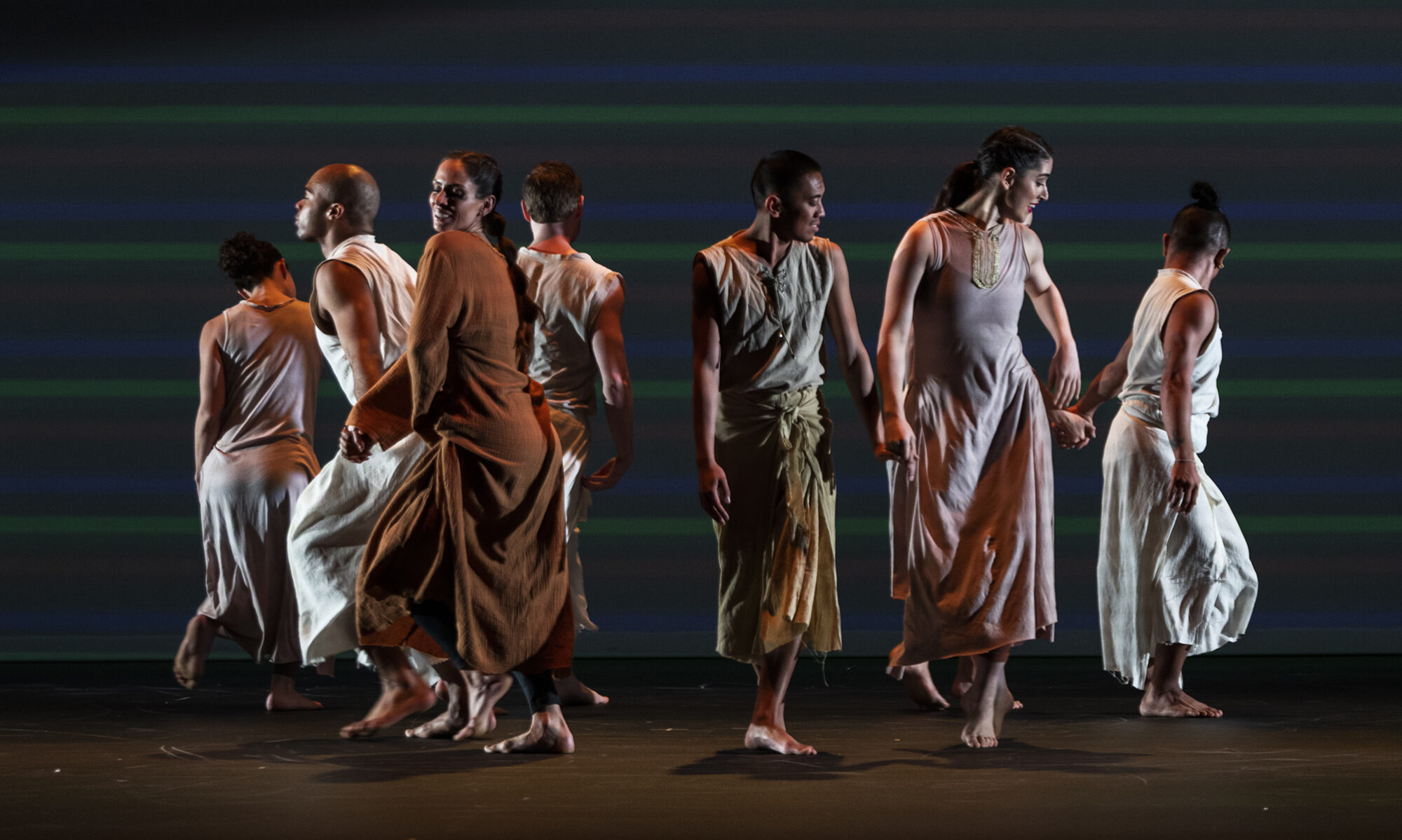Schubert, an appreciation

Born in 1955, Michel Dalberto is a famous pianist. He won the Clara Haskil Prize in 1975 and 1st Prize at the Leeds Piano Competition in 1978. He has since played with some of the world best orchestras and been invited to many of the best European festivals. Today he is regarded as the true heir of the late Alfred Cortot. He has been an accompanist partner of Barbara Hendricks and Jessye Norman as well as top violinists and cellists. His Schubert and Mozart interpretations are famous. His recording list includes the complete piano works by Schubert (Denon), four CD devoted to Debussy, Fauré, Franck & Ravel (Aparté), Beethoven’s most famous Sonatas (La Dolce Volta) and many others. He has been a Professor at the Paris Conservatoire since 2011 and regularly teaches in China. He was made a Chevalier of the Ordre National du Mérite by the French government in 1996. Among his hobbies are gastronomy, ski, scuba-diving and racing cars.
In a text published in 1917, Freud described three major wounds endured by humanity’s self-pride. Besides those that were cosmological and biological, there remains a wound that Freud regarded as the worst and most painful that mankind had ever endured, the psychological one. He eventually put this at the very centre of his work and research.
It is interesting to see how Schubert expresses this struggle of humanity in his music, especially considering it was composed a century before Freud started to work on the subject.
His sense of melody and an ability to characterise in a couple of seconds an atmosphere, an impression, a feeling has been rightly regarded as miraculous. It comes as no surprise that more than half of his works are songs – Lieder.
He is probably the first composer to express such intimate and profound feelings in his music.
As simplistic as it may sound, we can consider that Beethoven expressed human feelings in the most universal way and with a constant sense of grandeur and that Mozart put life in its most varied aspects in his music. Schubert’s main focus, however, was common, trivial and banal emotions. His general unhappiness was to become a distinctive feature during the Romantic era. While speaking of himself, Schubert found a unique way to speak to everyone, you and me.
The dullness of Schubert’s life is well known: no passionate love, a general lack of ambition, resignation, an acceptation of his destiny, never any kind of fight or protest.
Similarly, his music contains very few moments of fight or protest. He would rather explore and insist on the most painful moments, adding to his music an almost masochistic side in its self-indulgence to expose our universal suffering.
One of the most remarkable pieces is Winterreise (Winter Journey), the cycle of Lieder based on poems by Wilhelm Müller: almost 80 minutes of music which is only pessimism, despair and loss of all normal references and landmarks. We are indeed far from the journey full of hope at the beginning of the earlier cycle, Die Schöne Müllerin (The Sweet Miller Girl): Das Wandern ist des Müllers Lust (Wandering is the Miller’s Pleasure). A journey? But where from? A village. A destination? None. A story? An unlucky lover who had hopes of happiness. Das Mädchen spracht vom Liebe, die Mutter gar von eh (The Girl spoke of Love, her Mother even of Marriage). These are the only practical details that we get in the first 30 seconds of the first song. What follows is the most devastating, indecent, lewd desperation of a man who will talk of nothing but the acceptation of his own misfortune, hallucinations and suicidal impulses.
One of the great lessons we learn from Schubert is that the destination of a journey is unimportant – it is the wandering itself which is important, the loss of conscience, of distance, of time. The notion of timelessness takes a different meaning in Schubert’s music because time enters into another dimension.
The society of his time did not yet have the keys to unlock the knowledge that Freud would open at the beginning of the 20th century. They had experienced hard times since Mozart had revealed the hypocrisy of human relations in his operas Le Nozze di Figaro (The Marriage of Figaro) and Cosi fan tutte (Women All Do That). The self-indulgence that Schubert exposed to themselves, with their envies and repressed desires, was far too shocking and was not what the aristocracy wanted to hear.
The life of Mozart ends with Die Zauberflöte (The Magic Flute) his last Masonic cantata, Beethoven’s with his last five String Quartets. There are no last Sonatas or Lieder at the end of Schubert’s life. What he has left us with is a simple page of a scholar’s exercise: the opening of a two-voice fugue with the corrections of Professor Sechter on top of Schubert’s writing. This can seem upsetting and distressing but it is his destiny, the fate of the modesty with which the composer invented its own freedom. There is no testament nor last musical thought of Schubert but there had been in the last two years of his life a number of masterpieces like no other composer had ever written or ever would: the Quintet with two cellos, String Quartet in G, Winterreise, Heine Lieder, Symphony n°9, E-flat Mass, the Klavierstücke and the trilogy of the Piano Sonatas, two Piano Trios, the Fantasy in F-minor.
He had been writing music since he was 15, had explored the darkest sides of man, however, he was only 30. In spite of his illness, he had reasonable hopes that he would live for four or five more years.
On one hand, this fully adult man had invented the path of his maturity, and on the other, the scholar knew that he had still so much to learn. To us, this is the very same Franz Schubert, the man and the composer, forever fraternal.
Festival Life creates shared moments of audiences and artists, eye-to-eye

Forget about the most knowledgeable and caring faculty and staff that you’ll find anywhere in the world.
Forget that Alcobaça is a beautiful and glorious town in spectacular Portugal.
Forget about the wonderful food and camaraderie in Alcobaça.
Forget about the gracious and inviting people In Alcobaça.
BUT REMEMBER:
YOU WON’T EVER HAVE MORE FUN WHILE YOU DEVELOP YOUR ARTISTRY THAN AT GRAVISSIMO!!!!!
David Taylor

